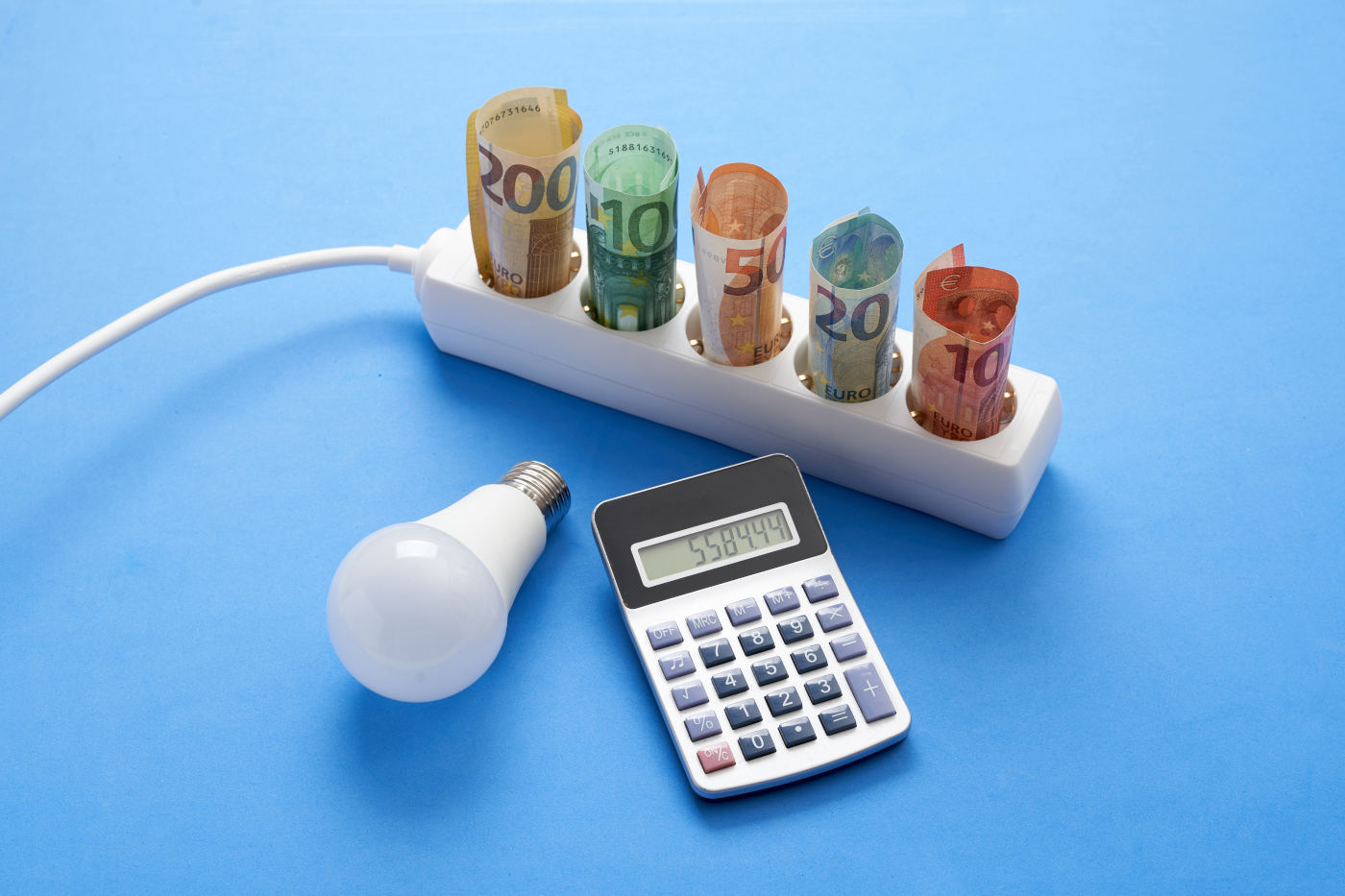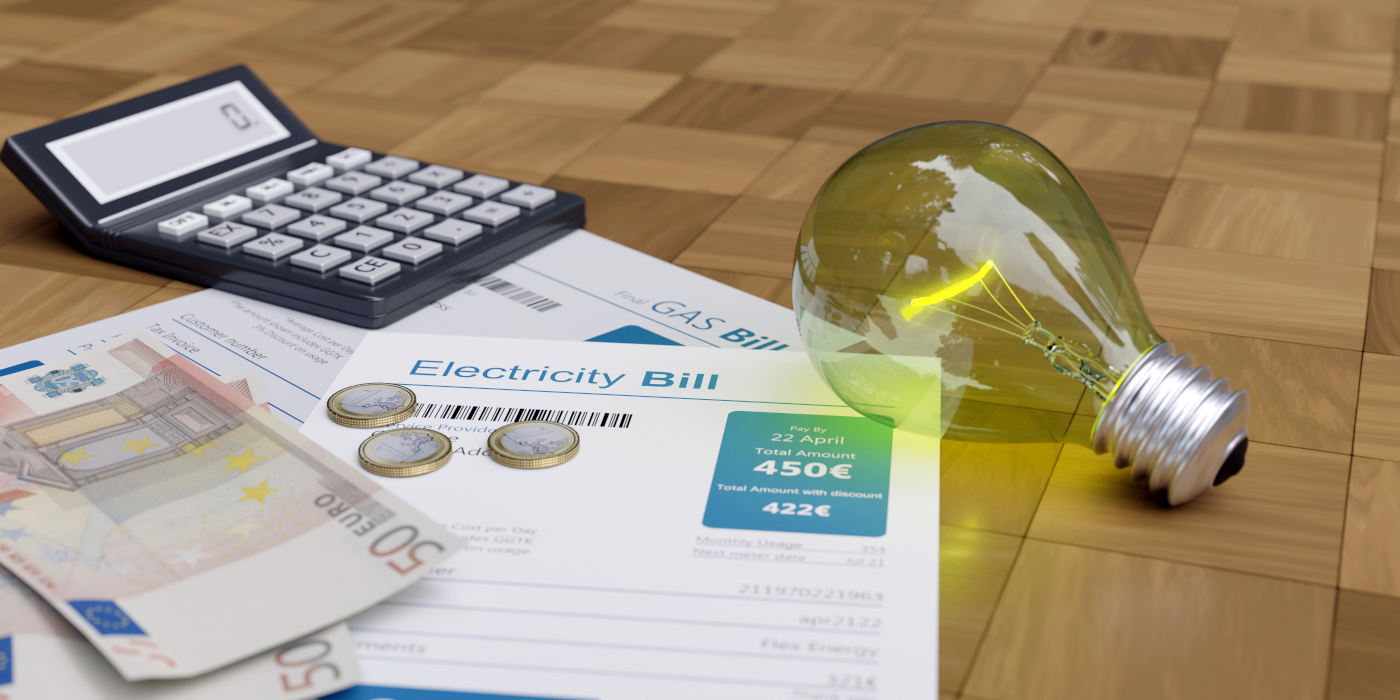Carolina Artola is an energy advisor, a relatively new profession “that existed for companies, but not for residential customers, i.e. supplies with power of less than 10 kilowatts”. Her function is to act as an energy broker, dealing with more than 400 electricity companies from which she receives their prices and, based on this, she advises her clients, mostly from the Balearic Islands, but also from the rest of Spain. “To almost everyone who calls me I can offer savings on their electricity bill,” she explains.

“Currently, the main problem is that prices are constantly changing. Before the energy crisis, the electricity company kept the selling price for about three months. Now, every 15 days I receive new prices to offer to customers”, and clarifies that “this is because electricity is listed on the stock exchange and its price depends on the price at which the electricity companies have bought the electricity: depending on this (and the profit margin of the electricity company) the final price for the consumer is established”.
Carolina adds that “there is no universal recipe for everyone. I always ask to see the bills because each bill has a different contract date and a different price per kW, even if you are with the same company. I mention this because people often compare their bill with their neighbour’s or a relative’s, forgetting the price per kw, as well as the power or consumption. In many occasions, users do not understand the reasons why the total amount of their bill goes up. Consumers are susceptible to expressing this dissatisfaction especially in times of maximum energy consumption, which in the Balearic Islands would be in winter and summer, but they are also susceptible to the things that are announced on television about whether the price of electricity is going up or down, thinking that they are in the same situation”.
Differentiate between the two types of market

A person like Carolina, whose job it is to immerse herself in the different tariffs and conditions of electricity companies, knows the keys that can really benefit the consumer. “First of all, you have to differentiate between the two types of market that currently exist: the regulated market and the free market”.
The regulated market is the one most talked about in the media, marked by the daily auctions of the State and in which the price changes from day to day, and even within the same day there is a different price depending on the time slot. “This is what most people advertise, but not all of us have this type of market. In 2009, the free market burst in and many consumers switched. Once you sign up, the price is fixed for a year and you can have time slots or not, as well as discounts or other offers from the electricity companies. The big problem came as a result of the reform of the Spanish electricity system in June 2021 and the regulated market began to be governed by different time slots and different powers, a reform that was reported on television and from then on many people began to have different behavioural habits without even knowing the market they were in. Not knowing how to interpret the bill and hearing on television that they always talk about the regulated market, they are mistaken”. As Carolina confirms, “two thirds of users are governed by the free market”.

In addition, within the regulated market (PVPC) there is a government discount for certain people (pensioners, the disabled, large families) called bono social, where, according to the advisor, “I myself have advised many people to cancel their subscription in order to contract a cheaper tariff in the free market. Incredible but true”.
The price of electricity, says Carolina, is the result of an equation made up of different types of energy: renewables (hydro, wind, solar), nuclear and gas cogeneration; “the latter is what has caused electricity prices to rise due to the shortage of gas throughout Europe. Much of the blame for this lies with the war waged by Russia, but also political blunders with Algeria, Spain’s main gas supplier”.
The key: the price per kilowatt
“The key when we talk about the electricity bill is the price per kilowatt. This is what I offer and sell to my customers with total transparency and I make people see it so that they understand their bill and stop being manipulated by false offers of discounts or free hours. People have a hard time distinguishing this,” Carolina laments.
“Nobody gives anything for free, electricity companies are there to make money. The free market, which is the only one that is offered through campaigns on television or by telephone, is pure marketing strategy and it is not interesting to say the price per kw”. For this reason, the best advice Carolina offers to people who are in the free market is “to get ahead of the renewal date, if necessary by asking the company for next year’s prices”.
Knowing the market we are in, the price per kilowatt and what the market is offering is crucial for the time of renewal. “Based on these three things, I can see if there can be savings or not. It’s like car insurance”, Carolina compares. “Some people tell me that they have turned down the power to save, but this is not a cost-saving measure. Others choose not to turn on the air conditioning or radiators as much as they would like, but this is not a cost-saving measure either because it lowers your quality of life. Energy-saving lights or having good insulation will help us to save, as will efficient use of electrical appliances, but above all being aware of the market and the tariff we have contracted and whether or not it has timetables”.

To find out the type of market, all you need to do is look at your electricity bill. “If it says PVPC, we are in the regulated market and in this case we have to be governed by a variable price and with hourly brackets. To find out the price per kW in this market, you have to do a simple rule: divide what you have paid by the kilowatts you have consumed. This gives you the average price per kilowatt for the month and, if it exceeds the price of 0.21 in October, you would be paying above the free market”.
Beware of commercial calls
Carolina warns users about calls from electricity companies. “They are not energy advisors, they are salespeople working for a single electricity company and they will obviously want to sell us their product”. The energy advisor, on the other hand, works for many electricity companies and thus has an impartial treatment towards the customer. Something no less important to take into account when contracting or receiving a commercial offer is to know whether or not we have permanence in our current company or in the offered offer.







Leave A Comment